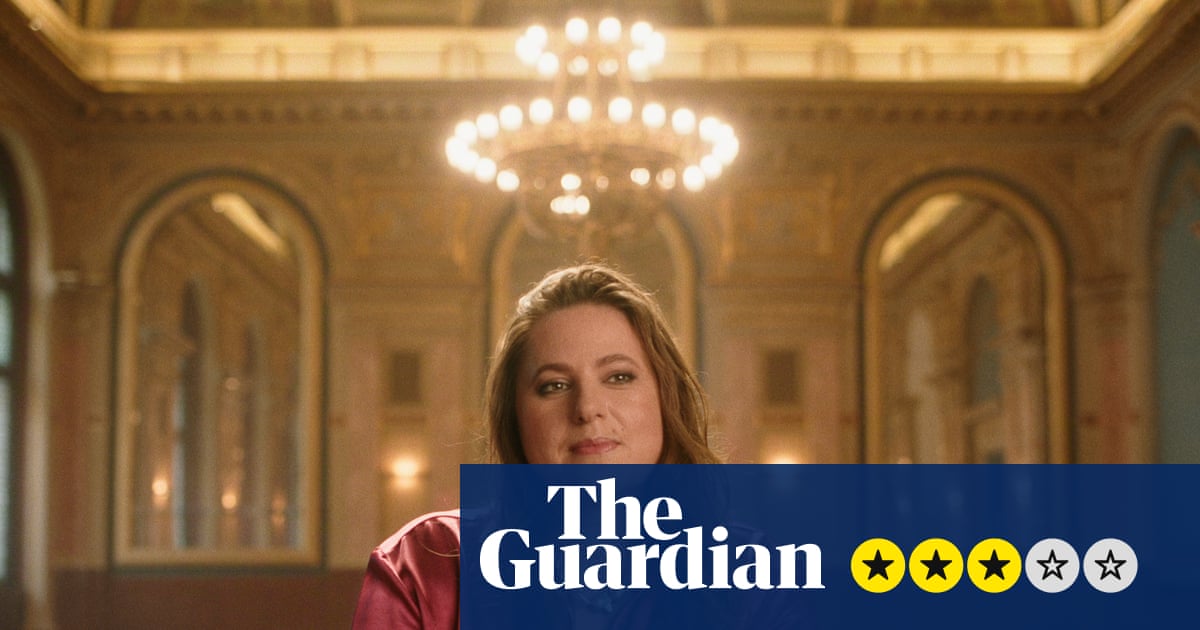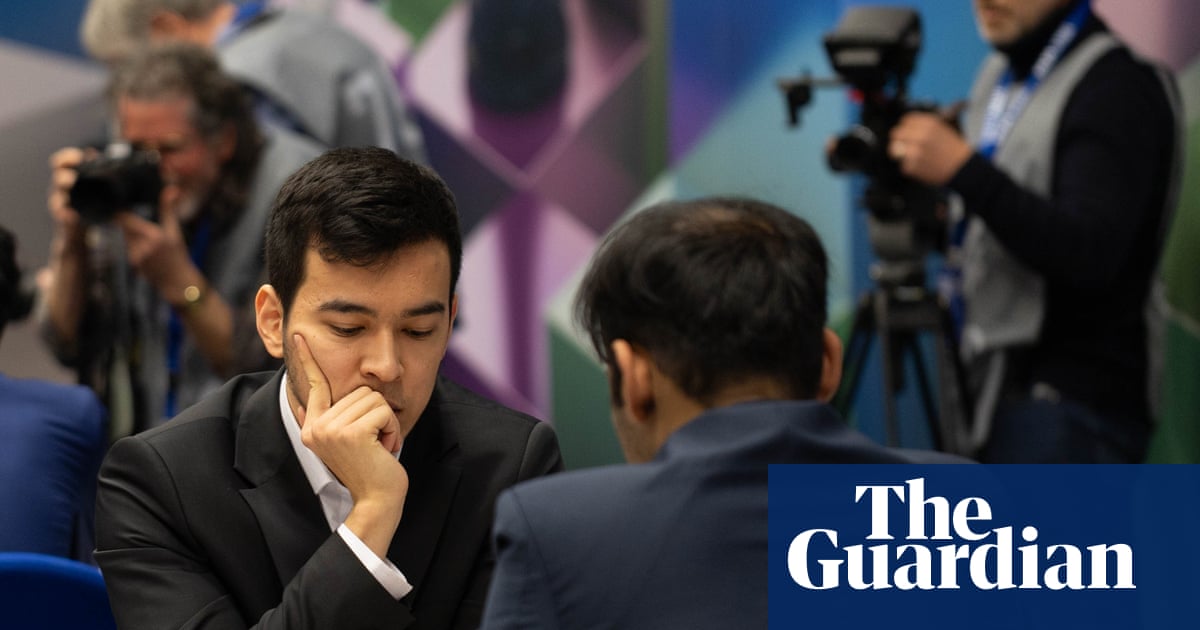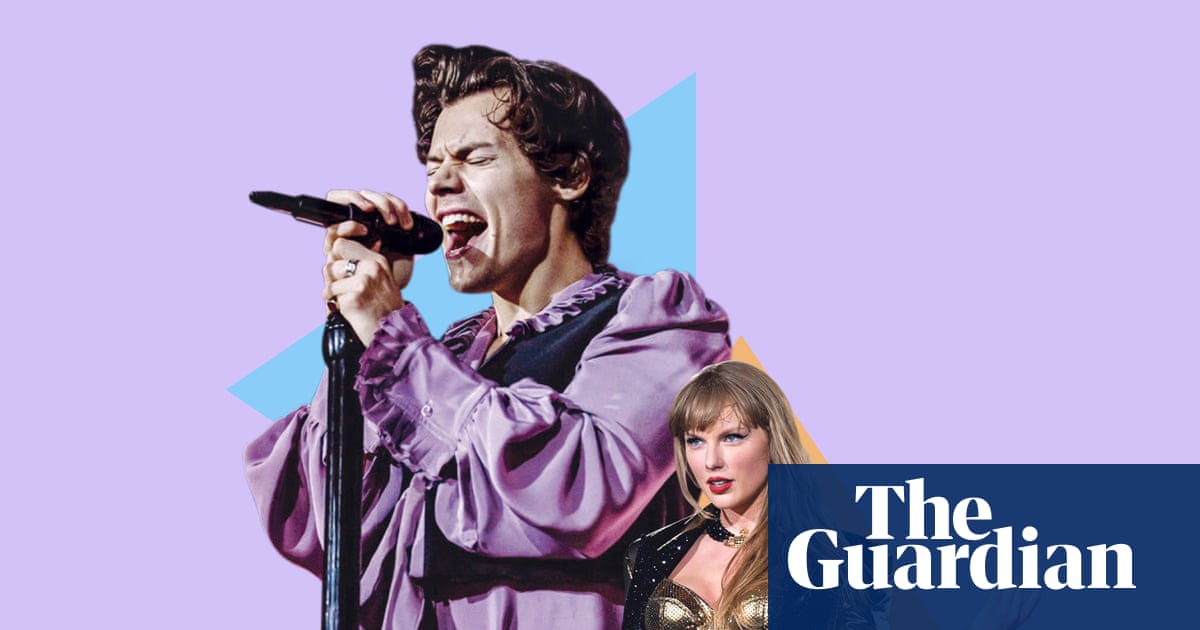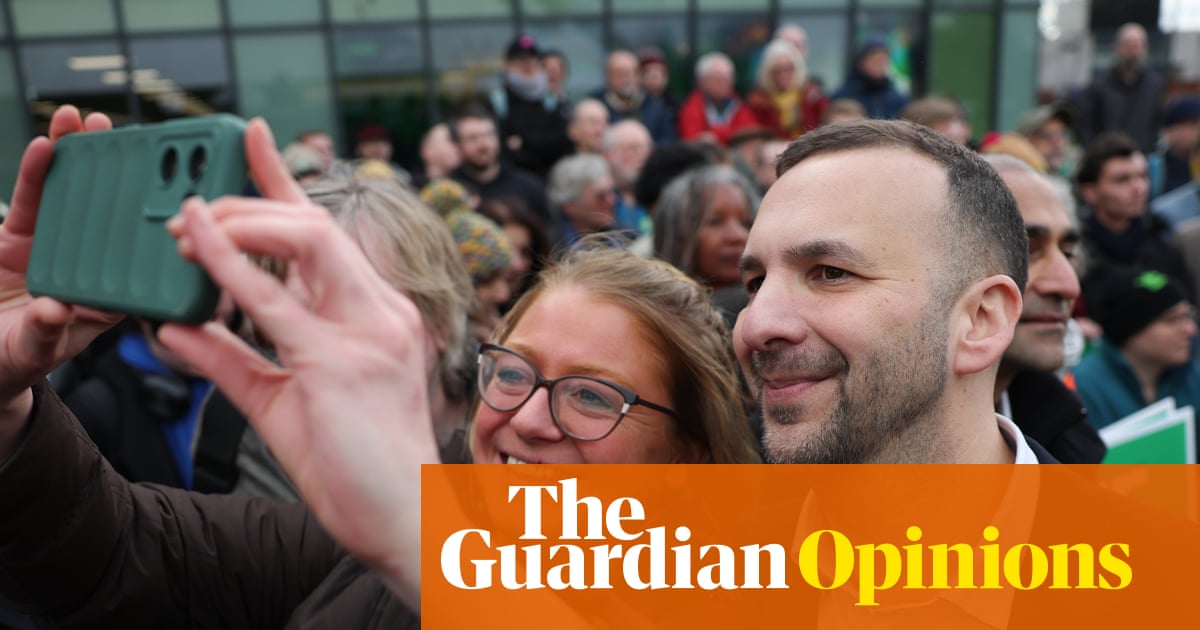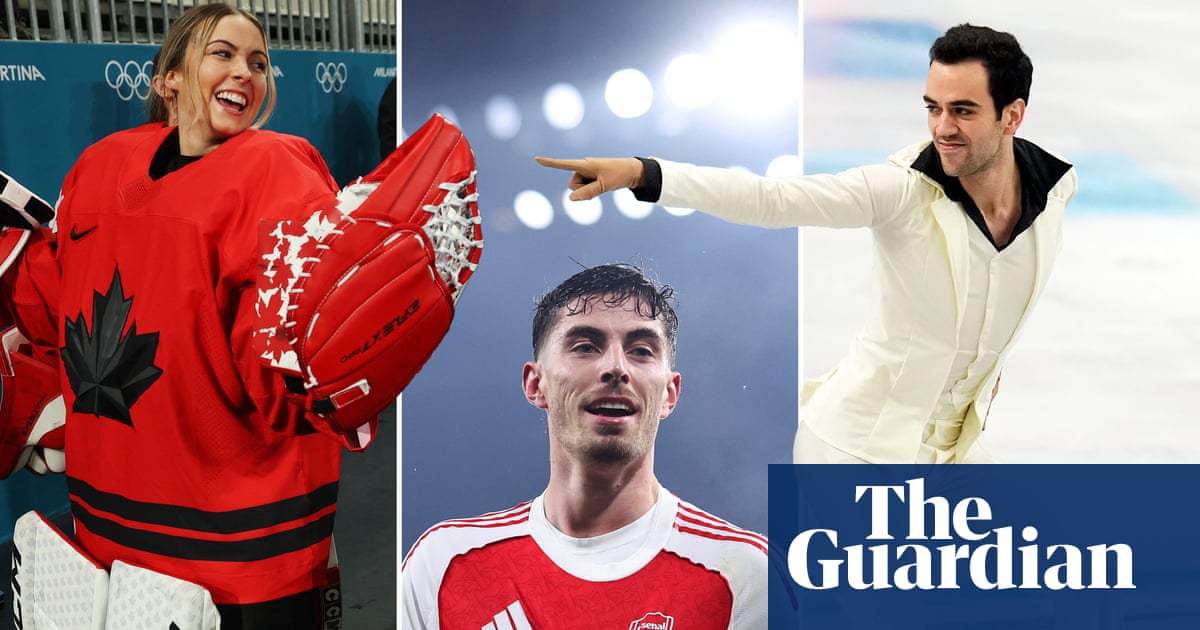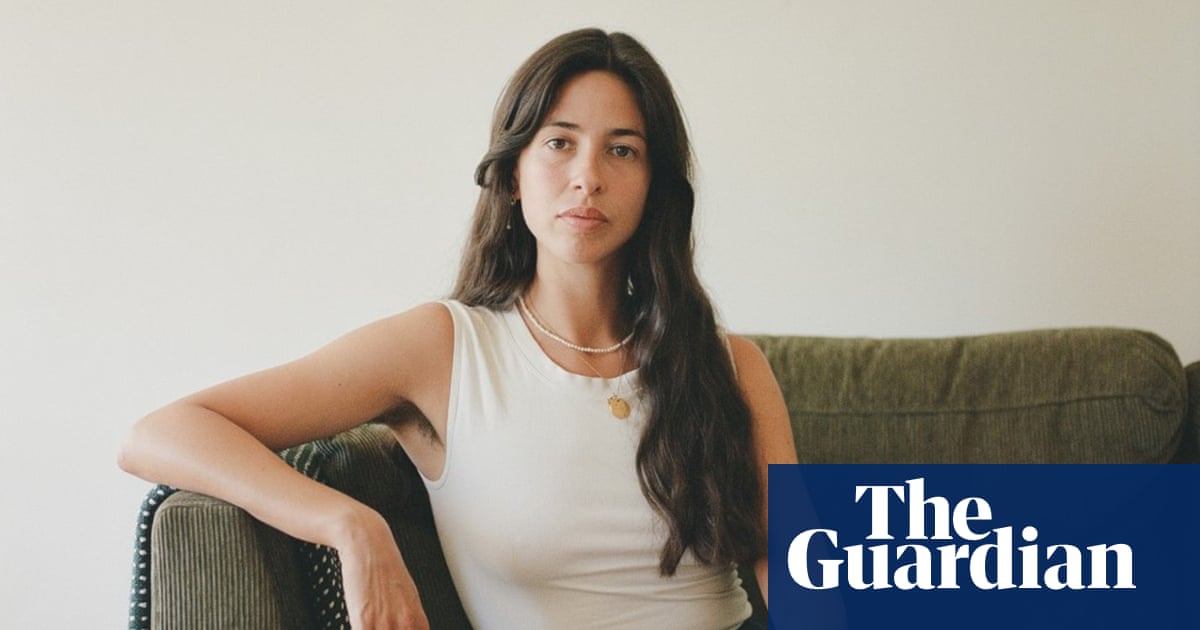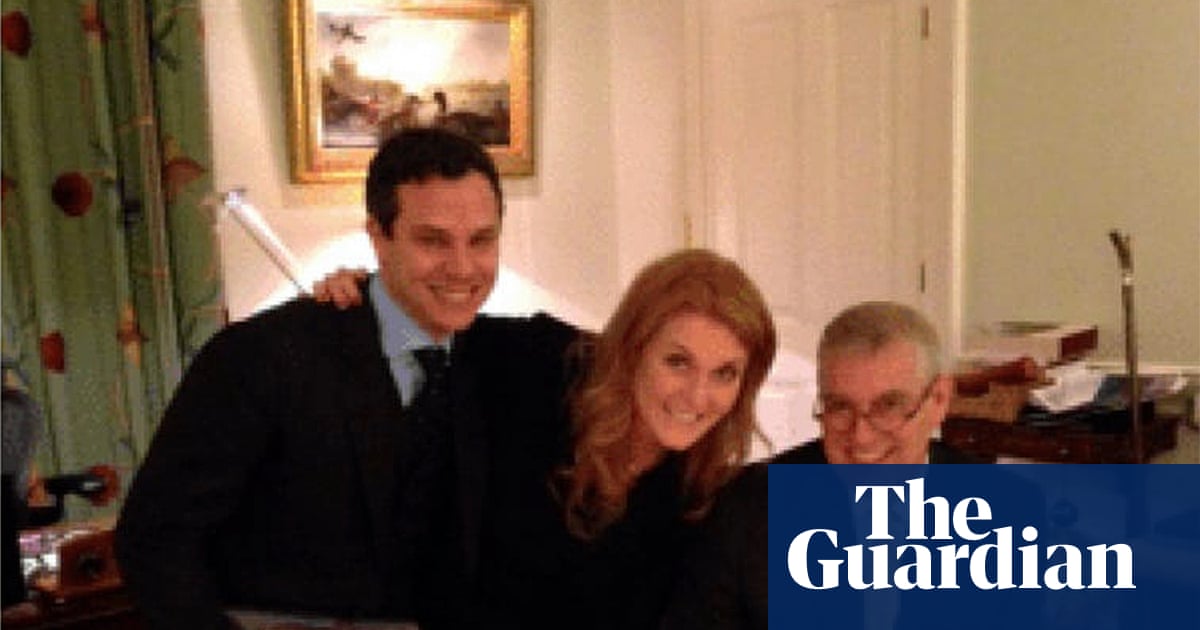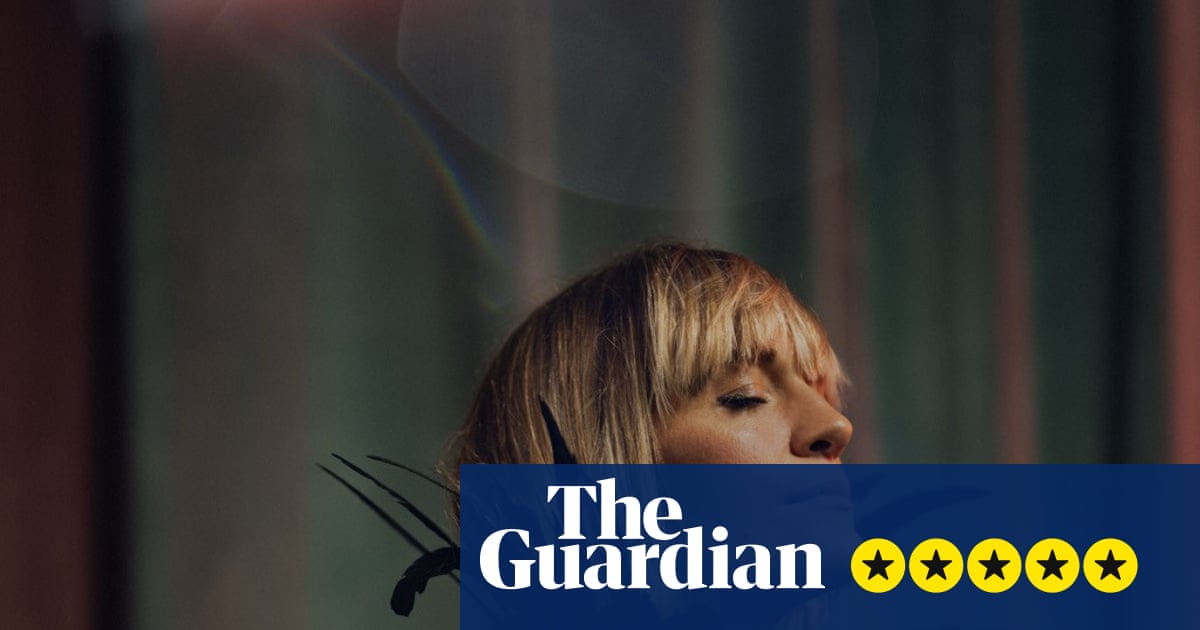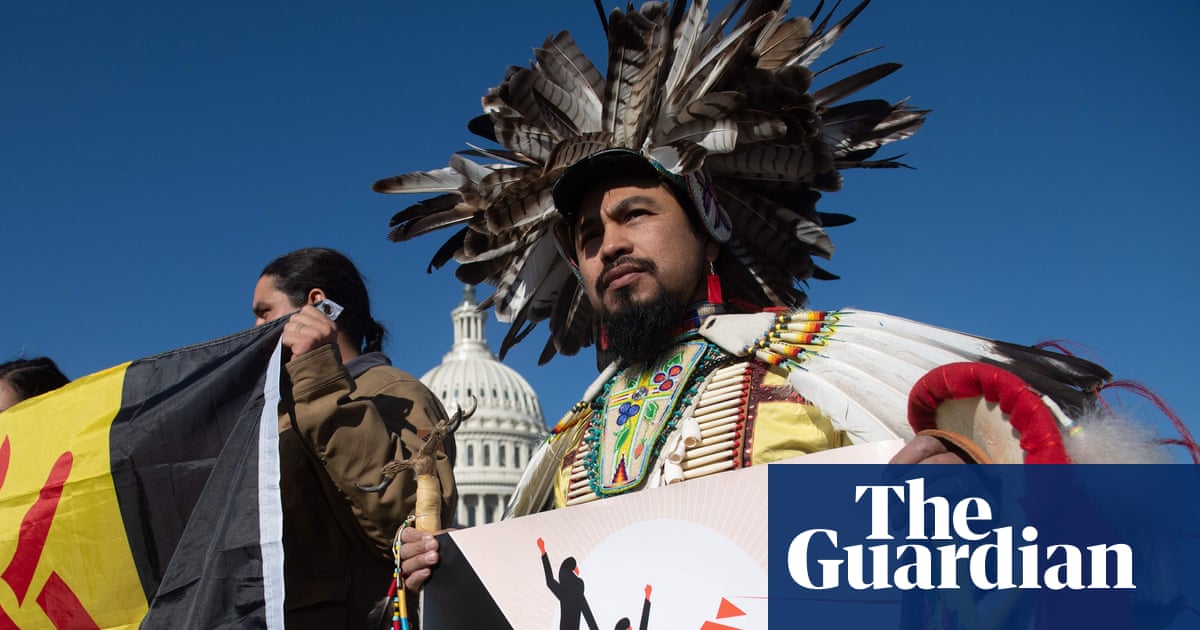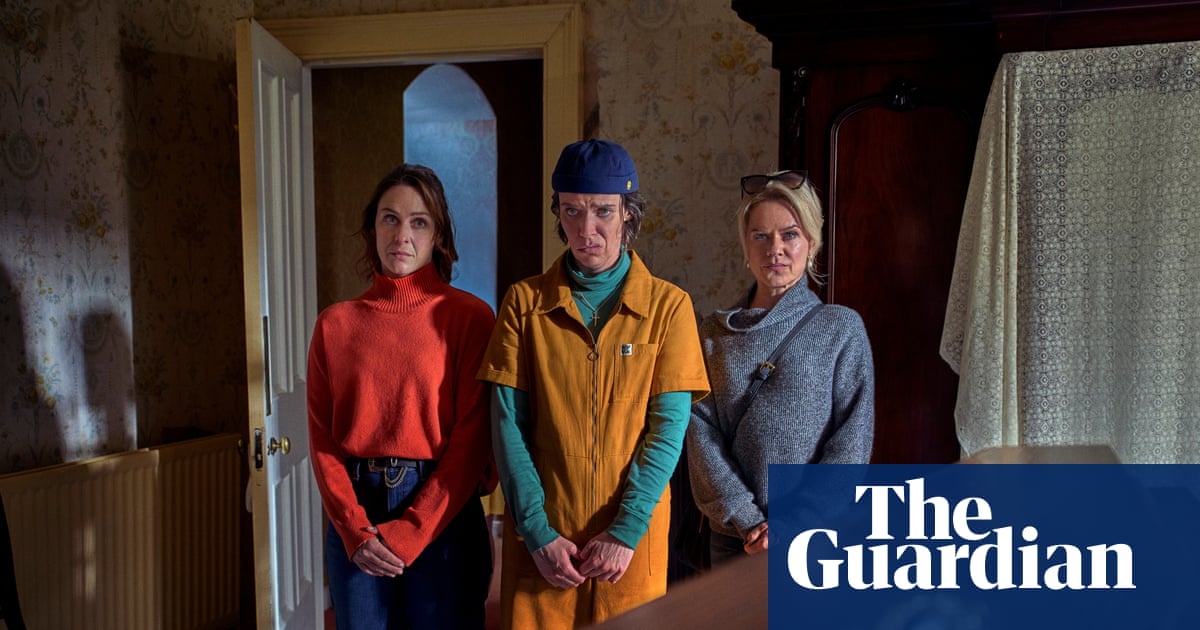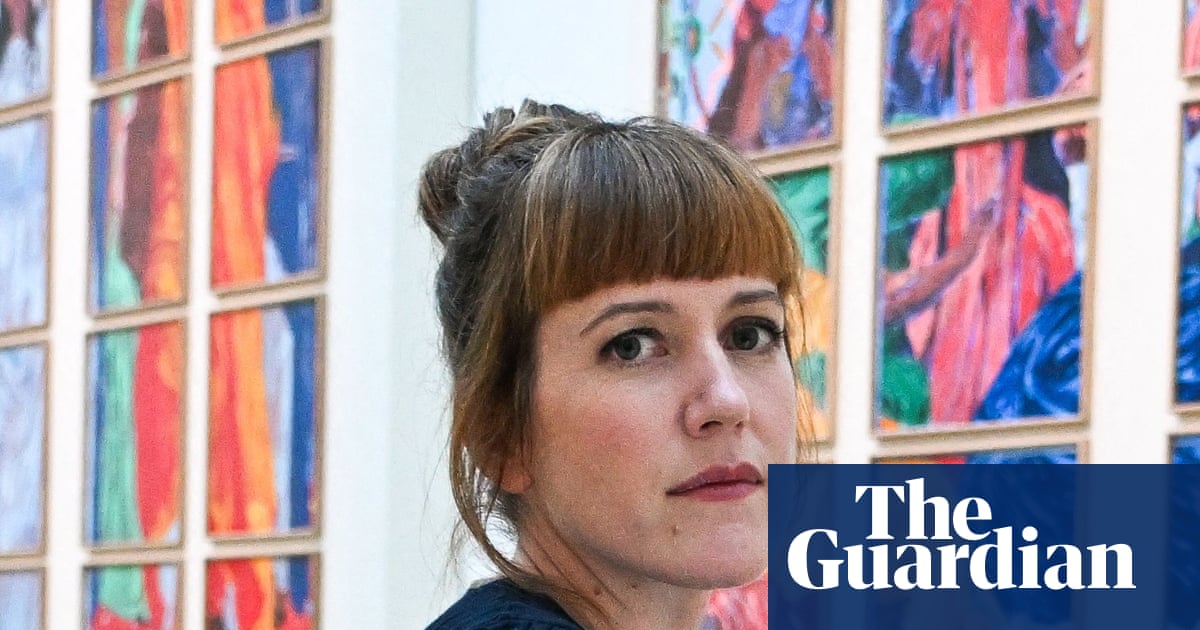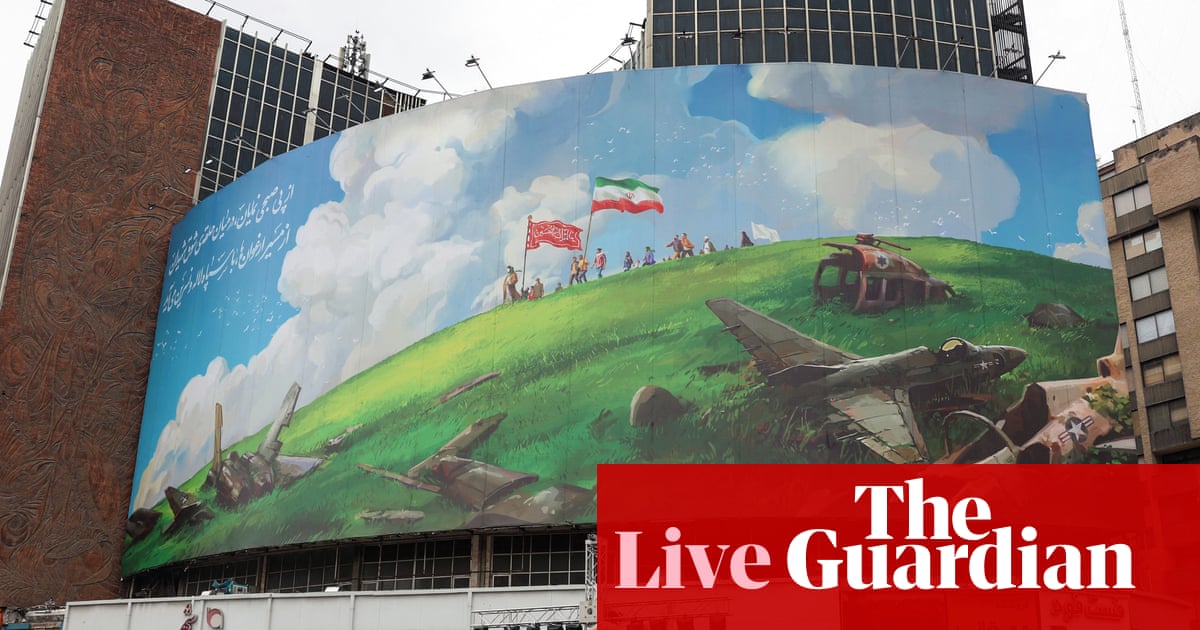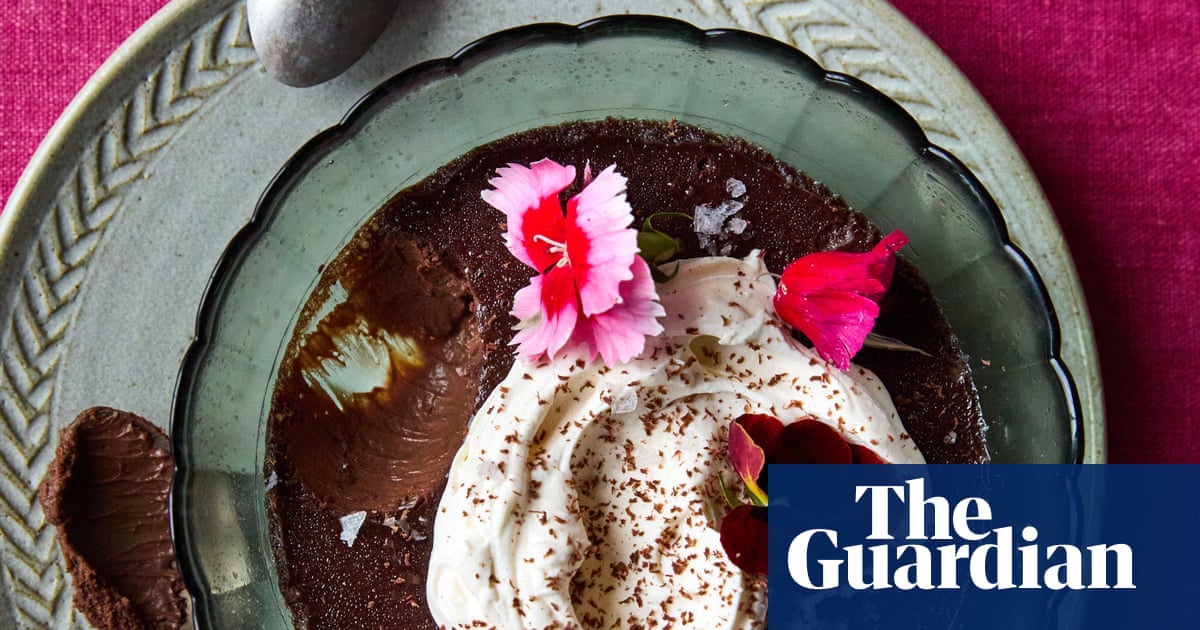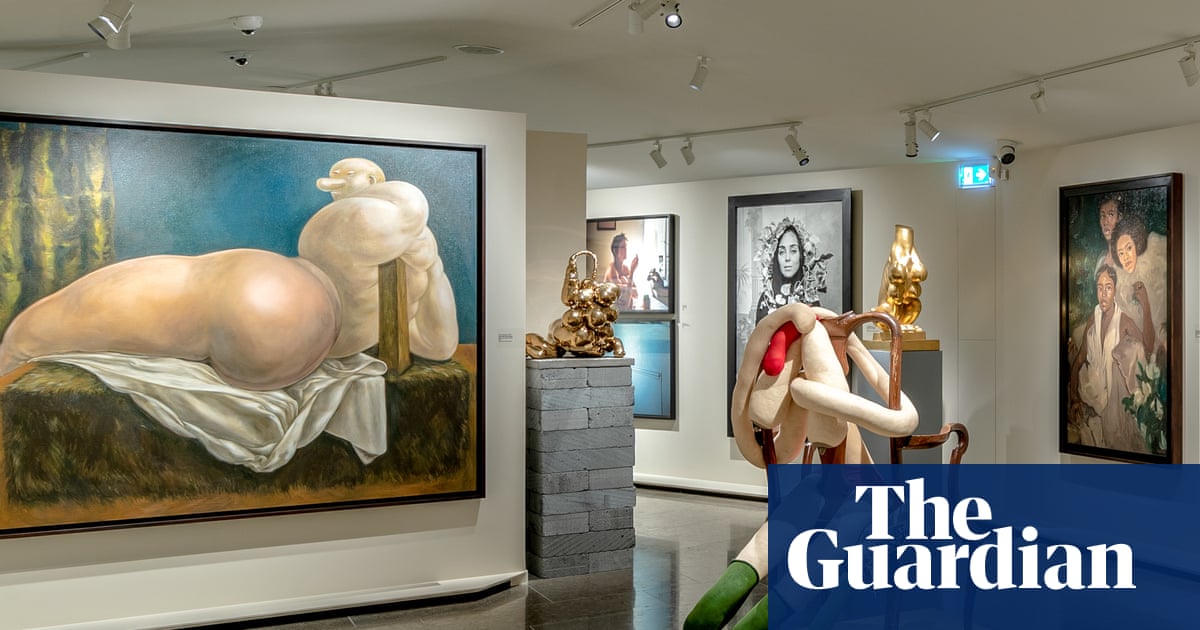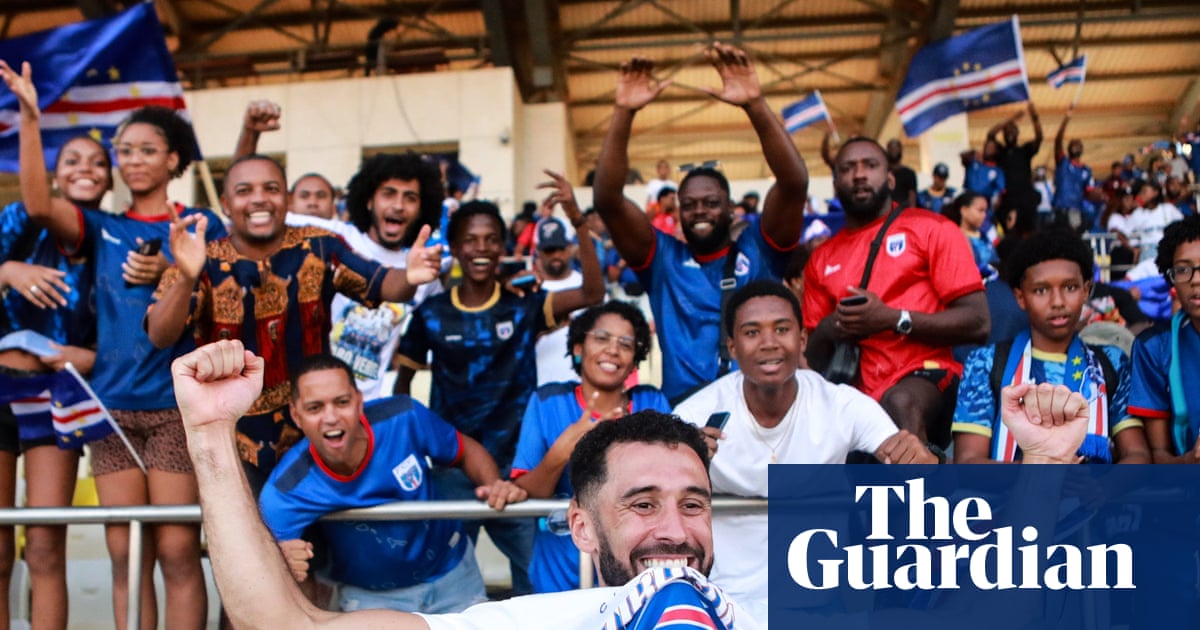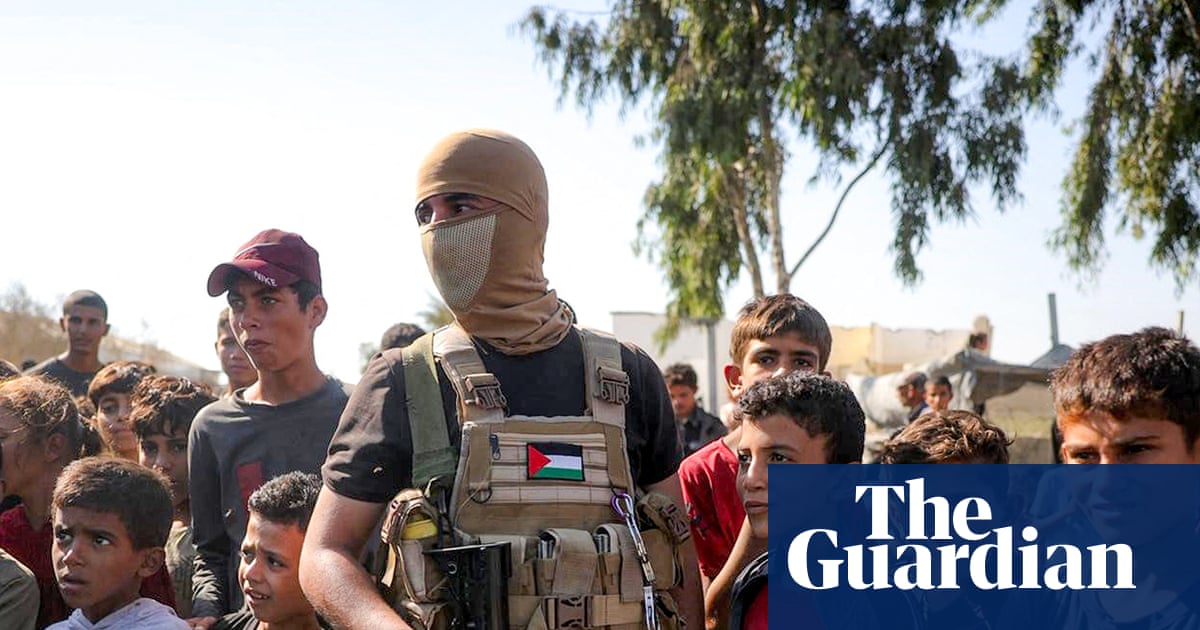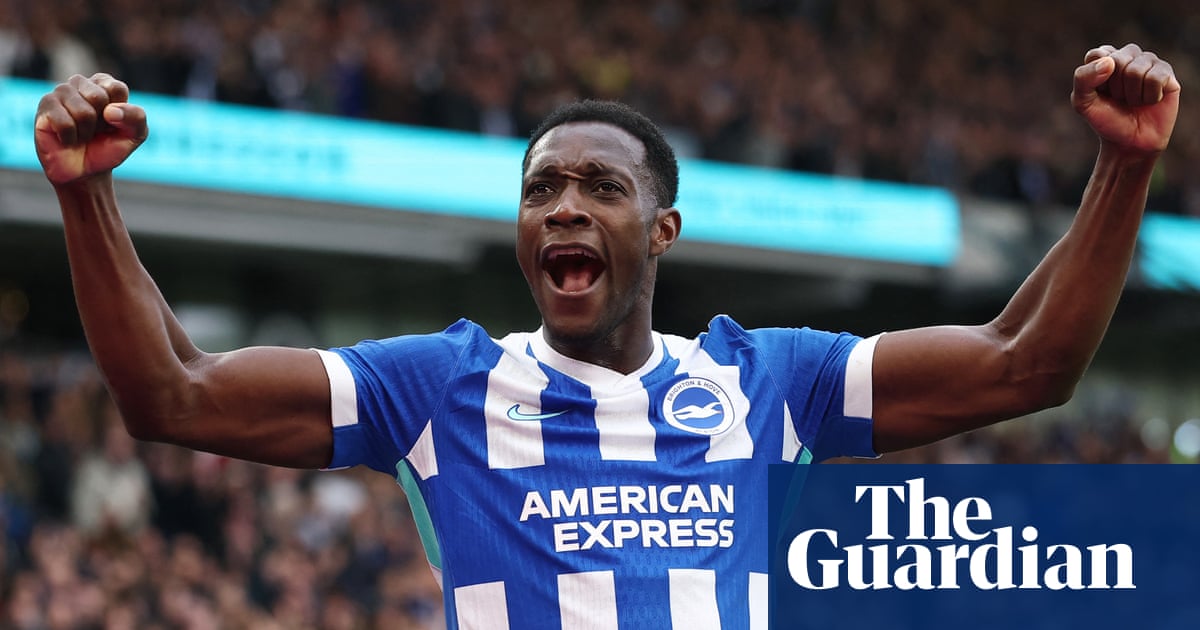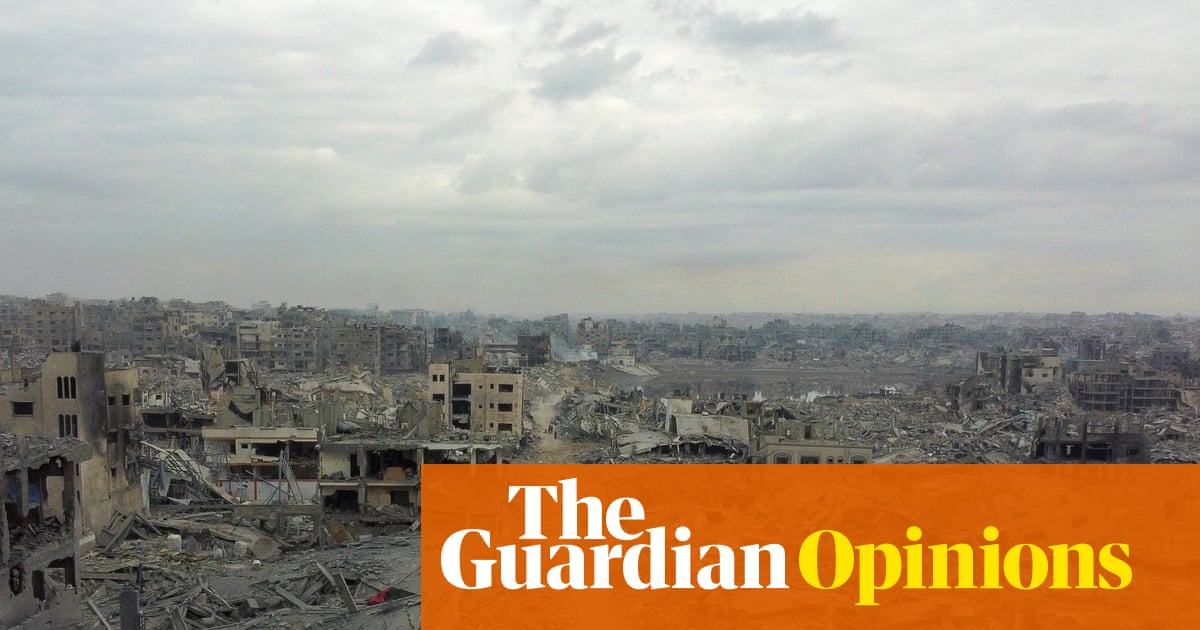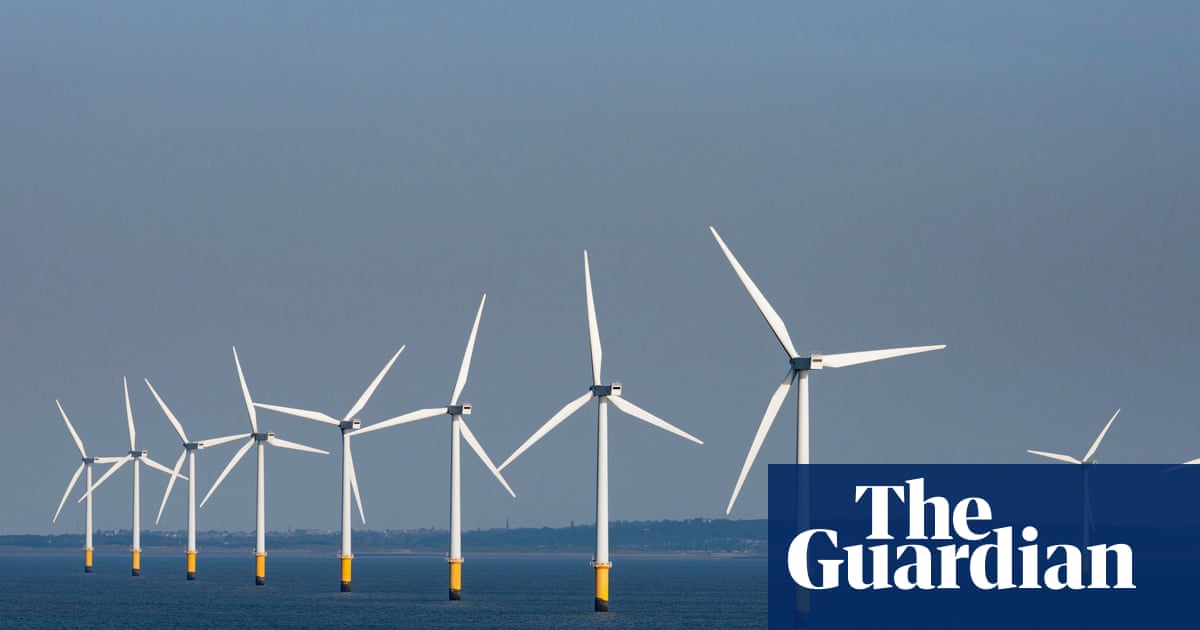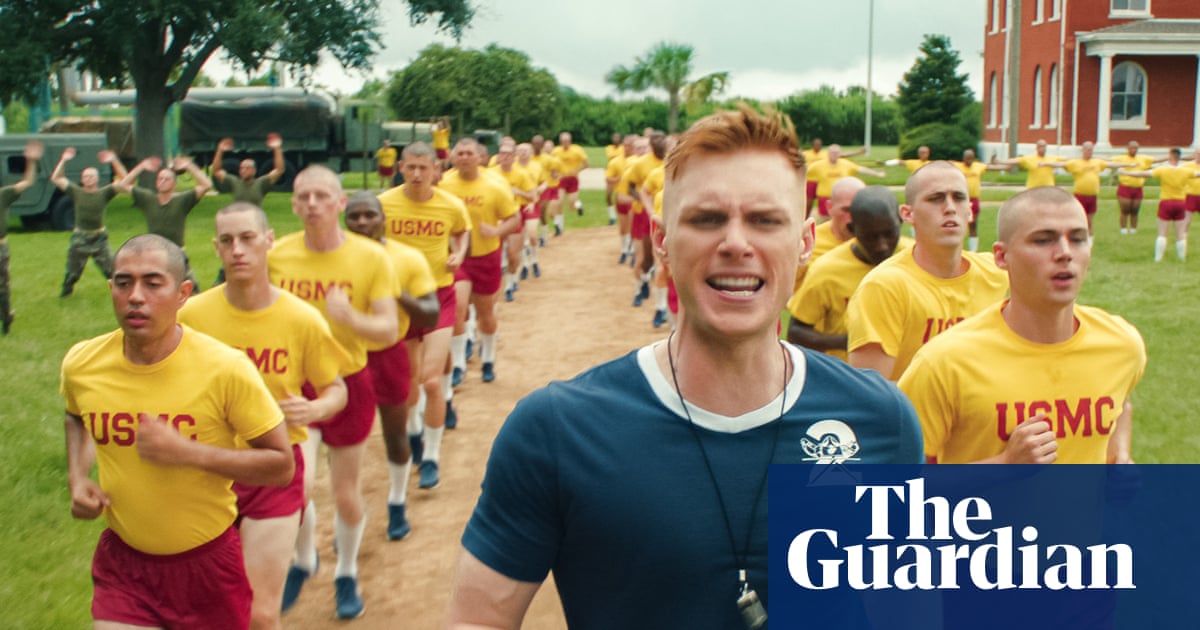Lots of children’s programming made for YouTube is “not entertainment, it’s sedation”, the UK children’s laureate has warned.
Frank Cottrell-Boyce said “frictionless” programming in which children are “bombarded with information”, such as CoCoMelon, a YouTube Kids channel with 180 million subscribers, failed to offer the “stimulation and nourishment” that previous generations had enjoyed.
Speaking to MPs in the opening evidence session of the culture, media and sport committee’s inquiry into children’s TV and video content, Cottrell-Boyce said research showed that for young children, “repetition is good because you’re building familiarity, and slowness is good because you’re making life navigable”.
“I feel very privileged to have grown up in an era when lots of children’s television had those qualities,” he said.
The fragmented media landscape meant that children today missed out on the sense of “national unity and national identity” that came with watching the same shows, he said. “Shared culture is disappearing and what’s left is an individual anxiety factory. I’ve been visiting schools for 20 years and I’ve seen anxiety levels rocket.”
Cottrell-Boyce said he feared that platforms such as YouTube gave “the illusion of choice, but because it’s algorithmically driven, you default to more and more of the same”, while AI was “ossifying what we’ve already done”.
He added: “You can’t take that much out and put nothing in and expect the thing you’re feeding off to survive.”
Greg Childs OBE, director of the Children’s Media Foundation and a veteran BBC children’s producer, agreed that the children’s TV industry was “broken” and that UK production companies were “going to the wall”.
Noting that 62% of viewing by under-16s was on YouTube and only 22% on broadcast TV, he said the former had “captured the eyeballs, imaginations and interest of a nation – but they haven’t replaced the system that existed before, which is a curated system of content”.
He added: “Children’s wellbeing is damaged or not fostered by the algorithmic recommendation systems; they’re falling down rabbit holes of all sorts of content.”
He said YouTube did not provide any upfront investment to fund new shows, and that the “creator economy” did not exist for children’s TV due to its advertising rules.
As a result, people who made children’s content received 80-90% less in revenue than other creators, despite the Children’s Media Foundation estimating that YouTube made £700m from children’s advertising in one year, he said.
YouTube needed a “form of regulation and ratings system” and the government should force the platform to act in the public interest if it does not do so voluntarily, he said. “The algorithm is capable of change … We would like Google and YouTube to become part of society rather than apart from society,” he added.
Childs urged the government to commit to funding children’s TV through a renewal of the “very successful” young audiences fund, which was closed in 2022. This could be part-funded through a streamers’ levy, which would cover YouTube.
He further suggested that platforms should use AI to rate content and enable parents to curate what their children watch by instructing the algorithm to prioritise “public service content”, “BBC content” or “content of value”.
Childs also said that the only children’s TV funder in the UK was the BBC – ITV failed to produce one children’s TV programme last year – and that he feared shows such as Doctor Who were in jeopardy and successes were harder to sustain, noting that Paddington had been sold off to Canal+.
He said that any new funding approach should emphasise collaboration with the platforms rather than confrontation, summarising its spirit as: “Come on, you great big beasts controlling us, come join us and make it better for kids.”

 2 months ago
62
2 months ago
62

